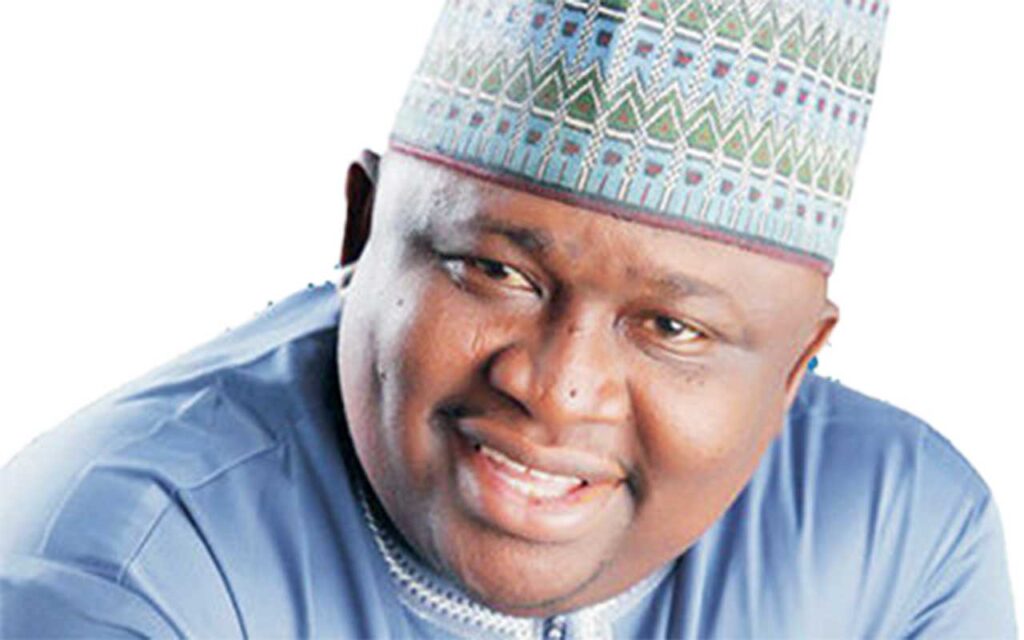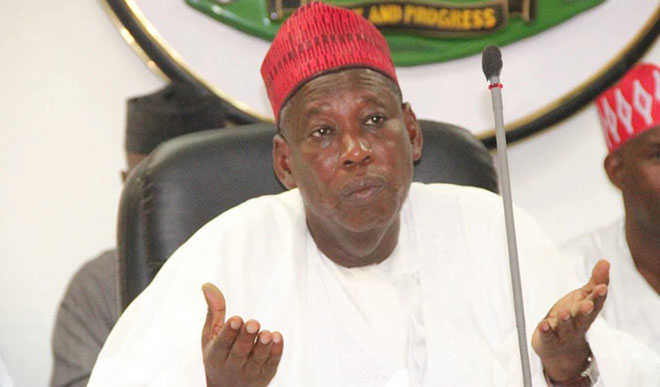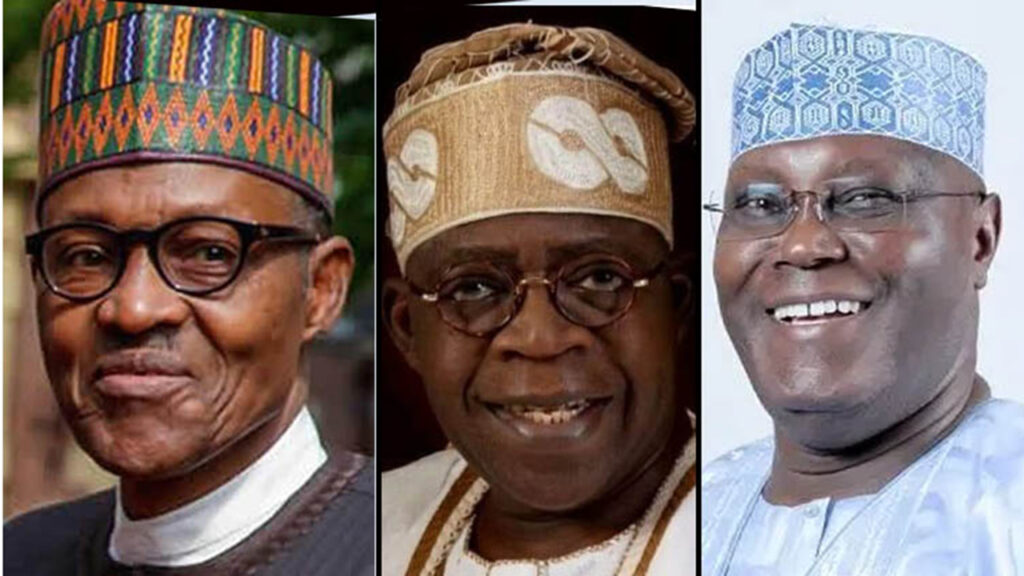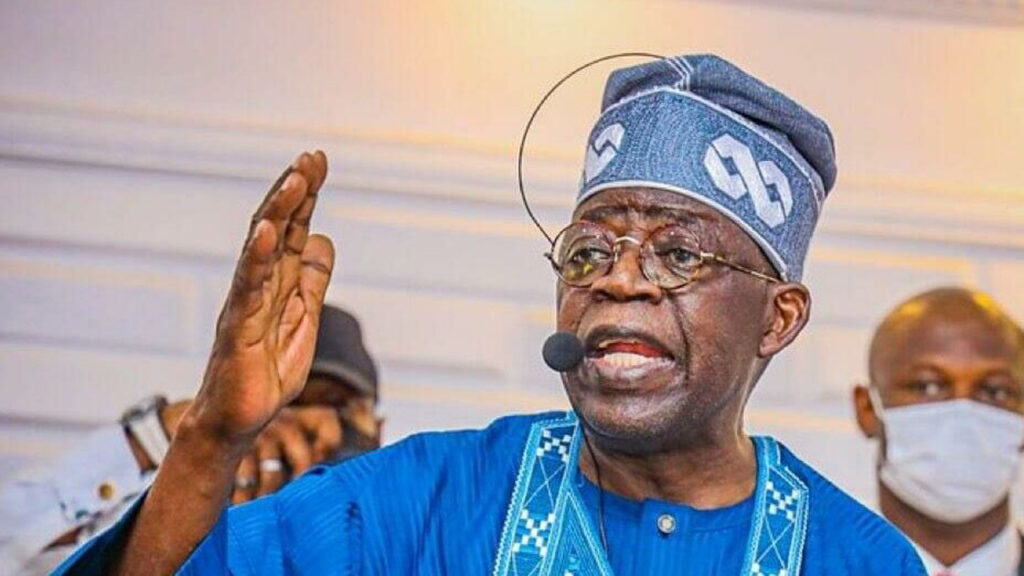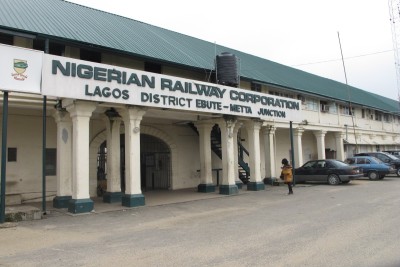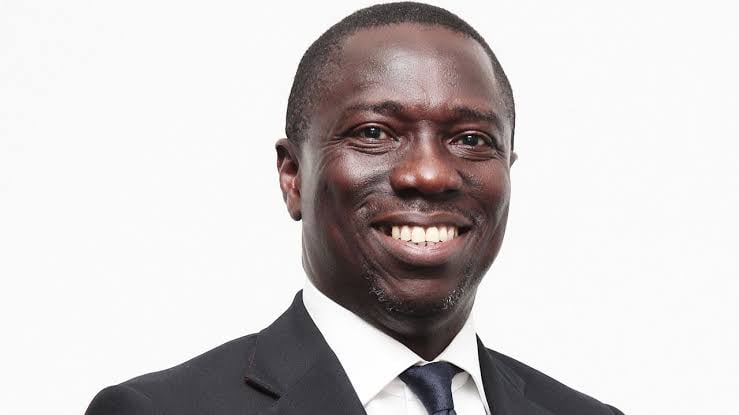
As the National Assembly embarks on another round of constitution review, legislators from the southern part of Nigeria, the Southern Governors Forum (SGF) and other critical stakeholders are expected to push through some amendments in the 1999 Constitution. This expectation is rooted in various gray areas in the constitution, which are considered to have given the northern part of the country some advantages over the southern part.
Since Nigeria returned to democratic government in 1999, there have been agitations that the current constitution of the country is far from being federal. Those who hold this view argue that the constitution merely repackaged the military system, which vested too much power on the central government and caused an imbalance in the sharing formula.
Many southerners, often supported by some stakeholders in the North Central geo-political zone, had on several occasions pointed out that the 1999 Constitution is not only skewed in favour of the North, but also places the South at the mercy of the North in terms of representation, appointments, resource control, revenue sharing, state creation, local councils and others. They hold that the skewed provisions of the constitution have ensured that whatever the core northern part of the country does not want or wants is always binding on other regions, whether they like it or not.
Back in 2021, the Southern Governors Forum (SGF), then led by the late former governor of Ondo State, Arakunrin Rotimi Akeredolu, cried out that power must return to the South when it discovered that some elements from the North were scheming to retain power in that part of the country after the expiration of eight-year administration of former President Muhammadu Buhari. It is arguable that if not for the courageous position of the SGF, the North had already positioned itself to continue in power after Buhari.
However, nine months of President Bola Ahmed Tinubu’s government has not only indicated that the challenges facing Nigeria are not only about the dichotomy between the North and South but also about other fundamental constitutional issues that must be resolved to keep Nigeria one and united.
Top among the constitutional issues some southerners are pushing for under the incumbent administration is restructuring, which according to them, will address the perceived suspicion and division among the geopolitical zones.
Taking a position on why President Tinubu and the current National Assembly must drive the agenda to restructure Nigeria, the Southern and Middle Belt Leaders Forum (SMBLF), at its last meeting, said the government must take immediate action on restructuring Nigeria and addressing the deteriorating living standards of the citizenry.
A communiqué issued after the meeting urged the Federal Government to establish true federalism in line with the 1960 and 1963 constitutions. The group also announced its intention to form a strategic committee to engage with the Federal Government, the National Assembly and other stakeholders to initiate the process that would lead to the restructuring of Nigeria.
The communiqué was jointly signed by notable leaders of the group, including Chief Edwin Clark, Chief Ayo Adebanjo, Chief Emmanuel Iwuanyanwu, General Zamani Lekwot (retd), Dr. Pogu Bitrus and Senator Emmanuel Ibok-Essien.
Although President Tinubu may not believe in the 2014 National Conference organised by former President Goodluck Jonathan, the Director General of the Development Agenda for Western Nigeria (DAWN), Seye Oyeleye, stated that if it is not possible for Nigeria to organise another conference, the reports and recommendations of past Constitutional Conferences that were held could be harmonised to kick-start the process of restructuring the country.
He noted that the best achievement President Tinubu as well as the incumbent lawmakers can record against their names is to restructure the country.
In a presentation made during one of the lecture series organised by NISER last year, a professor emeritus, John Ayo Ade, also emphasised the need for Nigeria to urgently address its constitutional problems.
“One part of the country still feels superior to the other; and that if the region says no to anything, its position is always taken as final. The union called Nigeria is not an association of equals and no country can thrive like that.
“When we obtained independence in 1960, we pulled down the flag of Britain and hoisted ours but we didn’t change the objectives upon which the colonial masters joined us together,” Ade said.
The don also believes that restructuring the Nigerian governing system is long overdue and must be logically pursued now. Another agenda the South is expected to push through is the establishment of State Police, which has been resisted over the years. Although concerted efforts are ongoing in the National Assembly to actualise State Police, the lawmakers are expected to finalise the process within a considerable space of time.
The South is also expected to push state creation through under the incumbent administration. This is expedient considering the edge the North has over the South with the former boasting 19 states plus the Federal Capital Territory (Abuja), which is also situated in the region as against the latter which has only 17 states. Currently, the Northwest geo-political zone has seven states while others have six states each, except the Southeast with five states.
The implication of a higher number of states in the North is reflected in the number of representatives in the National Assembly. Perhaps that is one of the reasons the North always has an upper hand whenever it comes to voting on issues in the National Assembly.
Also, on the issue of local councils, the North is at an advantage based on the higher number of states. For example, the Northwest with the highest number of states has a total of 186 local councils, followed by Southwest with 137, South-South with 123, Northcentral with 121, Northeast with 112 and Southeast with 95 – the lowest. The distribution of national resources is also skewed against the South and of course in terms of allocation, it places the northern region above the South.
This lopsided arrangement has over the years forced many critics to ask why Kano and Jigawa states should have close to 74 local councils while Lagos, which has a similar population like Kano from which Jigawa was created, has 20 constitutionally-recognised councils with 37 unrecognised Local Government Development Areas (LCDA).
It is therefore expected that southern lawmakers would impress it upon their colleagues to correct these anomalies, especially in areas of resource control.
One of the vocal demands of various socio-cultural and political groups across the country is that each state should be allowed to control their resources and contribute a percentage of the proceeds to the centre for upkeep of Nigeria.
Recall that it was the issue of the unrest caused by the Niger Delta militants over the resources taken away from the area that led to the creation of the Niger Delta Development Commission (NDDC).
A lawmaker from Osun State, Oluwole Oke, who represents Obokun/Oriade Federal Constituency, recently proposed a bill titled ‘A Bill for an Act to amend the Constitution of the Federal Republic of Nigeria 1999 (as amended) to seek creation of three additional states in the Southwest Region of the country namely, Oke-Ogun from existing Oyo State, Ijebu from existing Ogun State and Ife-Ijesa from Osun State.’
In the draft bill, Oke-Ogun State with Iseyin as the proposed capital city would be made up of 12 local councils that would comprise Olorunsogo, Irepo, Oorerelope, Ogbomosho North, Ogbomosho South, Saki-East, Saki-West, Atisbo, Itesiwaju, Iwajowa, Kajola and Iseyin.
On the other hand, Ijebu State, when created, will comprise Ijebu East, Ijebu North-East, Ijebu Ode, Ikenne, Odogbolu, Ogun Waterside, Remo North and Sagamu local councils. The proposed capital city for Ijebu State is Ijebu Ode.
Oke, who chairs the House Committee on Judiciary, said Ife Ijesa State would be made up of 11 local councils comprising Atakunmosa East, Atakunmosa West, Boluwaduro, Ife Central, Ife East, Ife North, Ife South, Ilesa East, Ilesa West, Oboku and Oriade.
If the bill eventually becomes law, it would correct the imbalance between the North and South with regard to the number of states. The bill has however received knocks and kudos.
A chieftain of All Progressives Congress (APC) from Osun State, who is also a renowned journalist, Dr. Liadi Tella, commended Oke for coming up with such a bill, which he said would balance the injustice that has been done to the Southwest region with regard to state creation over the years.
Also welcoming the idea, Prof. Bamidele Badejo, a former Commissioner for Transportation in Lagos State, said those who place economic viability alone into consideration would knock the proposed bill “but there are other political and social factors that are viable and these factors have been making the Southern region play the inferior to the north.”
He added: “Constitutionally it is necessary to create more states in the Southwest to balance up the lop-sidedness between the South and North in terms of representation and the sharing formula. If Jigawa, Yobe and Zamfara are considered as not viable and yet exist with local councils and allocations, why should the South not measure up? Badejo asked.
But Anthony Kila, a Jean Monnet professor of Strategy and Development, who is also an international director of studies at the European Centre for Advanced and Professional Studies, wondered what the Osun lawmaker was thinking before coming up with such a bill when Nigeria is down economically and poverty is written almost everywhere.
“My first question to the lawmaker is: How are we going to make allocation for the new states he is proposing? Is Nigeria going to divide the existing monthly federal allocations meant for the existing Oyo, Ogun and Osun into two and divide it among the proposed states or is the country going to look for a means to generate more allocation to be given to the new states. These two options seem difficult, if not impossible, if we put the present economic situation of the Country into consideration,” Kila said.
The don however noted that the leap Nigeria had under the regional government was far better than what it had when states were created. A former Deputy Director of the Central Bank, Bashorun Olorunfunmi, disagreed with the Osun lawmaker, saying there is no explanation that can justify state creation at least for now in Nigeria. He also said that if at all Oke wants to be fair, he “should have also made a case for the Southeast in the bill.”
Also on the list of agenda is the persistent demand for a special status for Lagos. Since the federal capital was moved from Lagos to Abuja on December 12, 1991, during the regime of former military head of state, Gen. Ibrahim Babangida, there have been demands for Lagos to be given a special status. But the request has often suffered a setback in the National Assembly.
During the 8th National Assembly, the Senate voted against a bill seeking special status and federal grant for Lagos State. The bill sponsored by the wife of Mr. President, Senator Oluremi Tinubu, who represented Lagos Central, was rejected after failing a voice vote called by Ike Ekweremadu. Consequently, the bill failed to scale to the second reading for committee stage.
The bill sought one per cent of federally generated revenue as a special grant for Lagos State in view of the former Nigerian capital’s socio-economic significance.
Although the bill was defeated, the agitation for a special status for Lagos is still ongoing. During the last Town Hall meeting held in Lagos, the demand formed part of the fulcrum of discussion by indigenes of the state.
A former member of the House of Representatives, Lanre Odubote, said the demand for a special status for Lagos should be allowed because of the economic and social pressures on the state.
Pundits are watching to see how the governors of southern states would use their good offices to push some of these issues through as the NASS embarks on another round of constitution review. To some of the pundits, if they could ensure the return of power to the South after Buhari, they can also ensure that these amendments are effected to guarantee the unity, peace and progress of the country.




